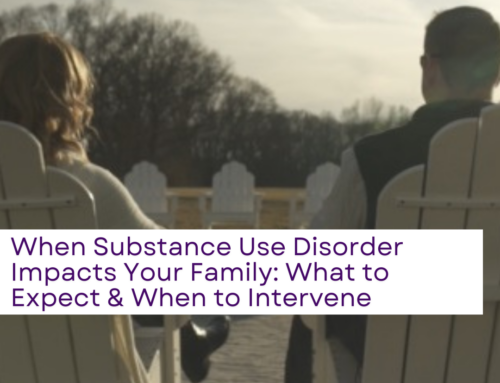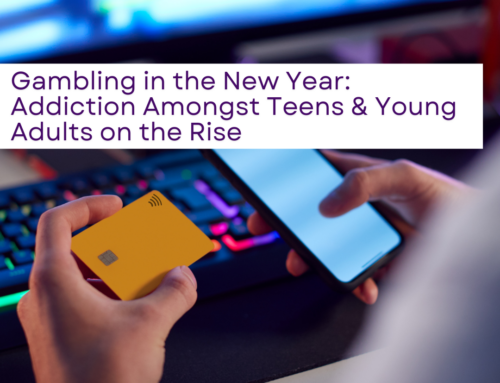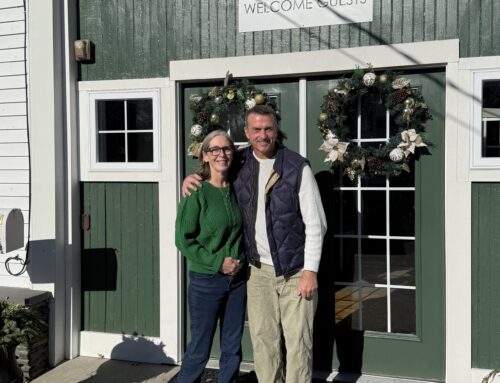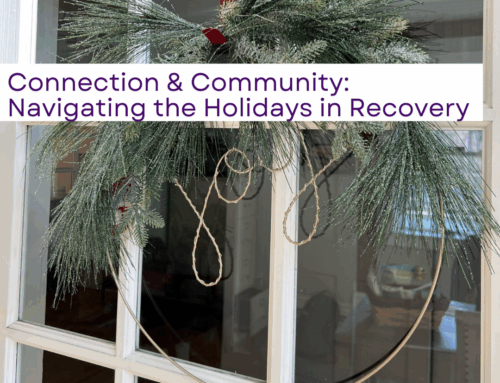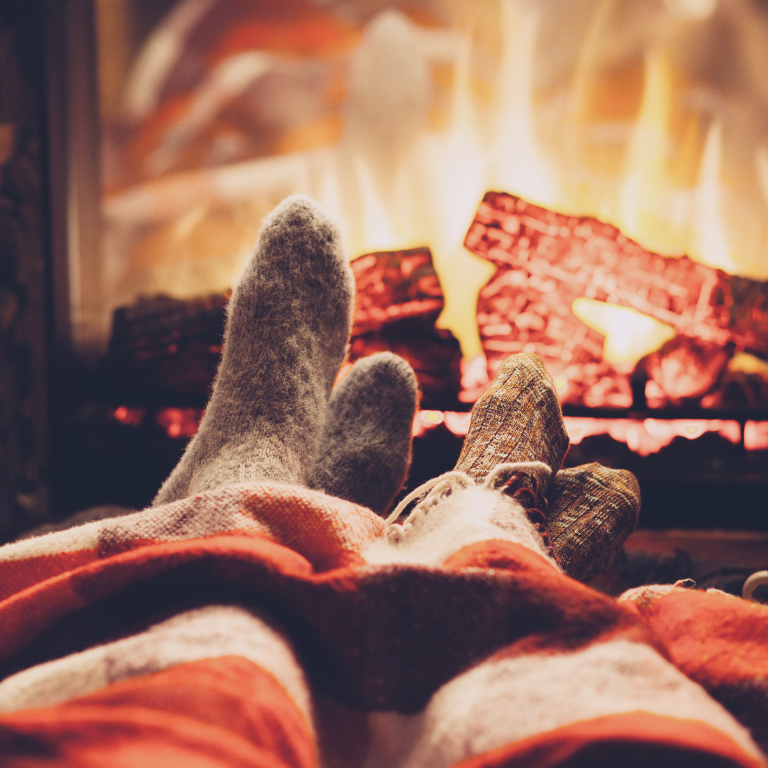
Image Credit: Alena Oserova
The holiday season is a time of joy, connection, and celebration. For those in recovery, however, it can also be a period filled with challenges and temptations. However, with the right mindset, strategies, and support you can not only navigate the festivities while maintaining your sobriety but also find new ways to experience the joy of the holiday season.
This guide will explore common fears, benefits, and tips for celebrating the holidays alcohol-free.
Common Fears About Not Drinking at Parties
Many people in recovery, in particular early recovery, experience anxiety about attending holiday gatherings without alcohol. Some common fears include:
- Social awkwardness: Worrying about feeling out of place or not knowing how to interact without the “social lubricant” of alcohol.
- Peer pressure: Concern about facing pressure from friends or family to drink.
- Explaining sobriety: Anxiety about having to explain why you’re not drinking or discuss your recovery journey.
- Fear of Missing out: Fear of not fully enjoying the festivities, feeling left out of the “fun”, or being viewed as “other than” because you’re not drinking.
- Coping with emotions: Concerns about handling holiday stress or family dynamics without numbing or escaping through drinking.
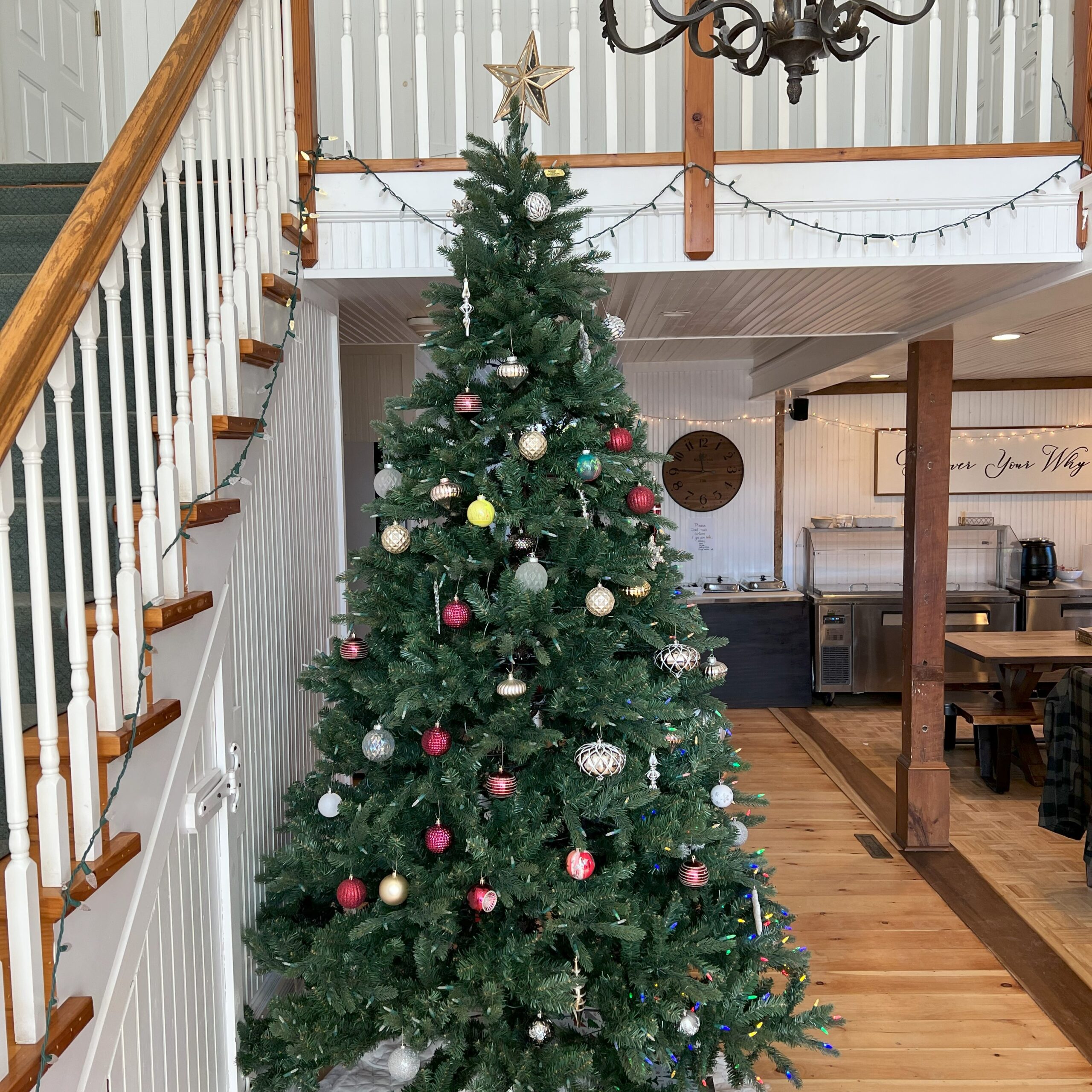
Remember, these fears are often magnified by anticipation. In practice, most social situations are much more manageable than imagined, and the rewards of maintaining sobriety far outweigh the temporary discomfort.
The Other Side of Fear
While these fears are common, they often turn out to be unnecessary or exist primarily in one’s mind. Here’s why:

- Social awkwardness: Many find that they’re actually more present and engaging in conversations when sober. The initial discomfort usually passes quickly, and authentic interactions become easier.
- Peer pressure: In reality, most people are far less concerned about others’ drinking habits than we imagine. Many are supportive of sobriety, and those who aren’t may be dealing with their own issues around alcohol.
- Explaining sobriety: Often, a simple “I’m not drinking tonight” or “I’m the designated driver” is enough. Most people won’t pry further, and those who do are usually genuinely curious rather than judgmental.
- Fear of Missing out: Many in recovery report experiencing holidays more fully and joyfully when sober. They’re present for all the moments and actually miss out on less than they did in the fog of drinking.
- Coping with emotions: While challenging at first, dealing effectively with difficult emotions sober leads to resilience, better long-term coping skills, and more genuine interpersonal relationships.
Benefits of an Alcohol-Free Holiday Season
Many people discover unanticipated benefits of an alcohol-free holiday season. You might find yourself experiencing a newfound sense of presence and appreciating subtle joys that alcohol may have previously masked.
Family dynamics and other relationships often improve as you navigate conversations and situations with clarity and emotional stability. Your taste buds may come alive, allowing you to truly savor holiday treats and traditional foods. Many report a surprising boost in creativity, coming up with innovative gift ideas or unique ways to celebrate.
Additionally, you might discover hidden talents or interests as you seek out new ways to enjoy the festivities. Perhaps most importantly, you may experience a profound sense of pride and self-discovery, realizing your own strength and resilience as you create meaningful holiday memories without relying on alcohol.
Other benefits to an alcohol-free holiday season include:
- Clear memories: You’ll remember all the special moments and create lasting memories of your celebrations.
- Improved health: Avoiding alcohol means better sleep, more energy, and an overall healthier holiday season.
- Financial savings: Not spending money on alcohol can leave more room in your budget for gifts or other holiday expenses.
- Setting an example: Your sober celebration can inspire others who may be struggling with their relationship with alcohol.
- Sense of accomplishment: Successfully navigating the holidays without alcohol can boost your confidence and strengthen your recovery.
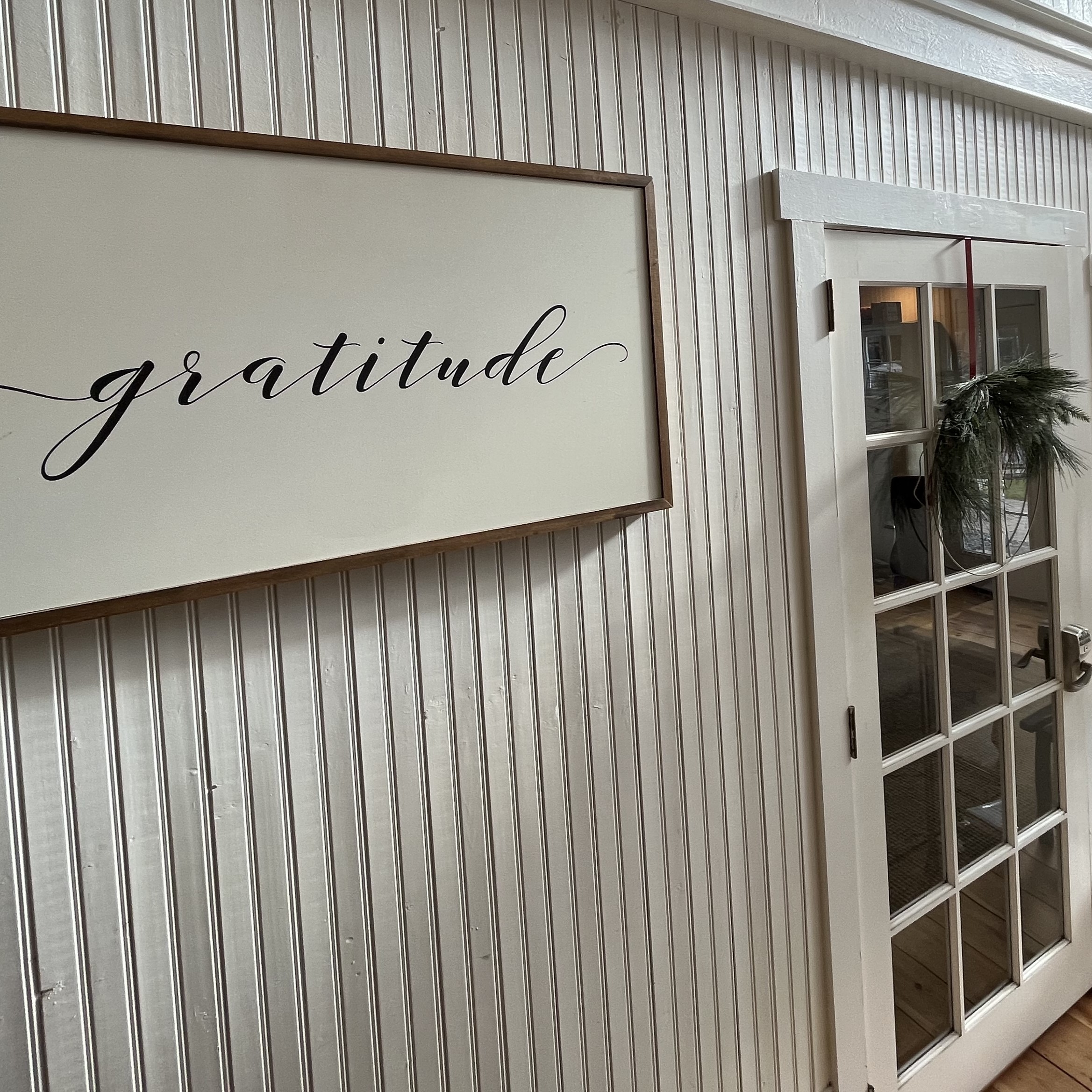
These sometimes unexpected benefits provide additional support, encouragement and positive perspective for those navigating the holiday season in recovery. They emphasize that an alcohol-free celebration can lead to richer, more fulfilling experiences that might not have been anticipated.
Tips for Staying Safe from Triggers, Cravings, and Urges
- Plan ahead: Before attending any event, think through potential challenges and make a plan for how you’ll handle them.
- Bring a sober buddy: If possible, bring a supportive friend who understands your situation. If a sober person isn’t available to physically come with you, have a sober and/or supportive friend on ‘stand-by’ so you have someone to reach out to in the moment.
- Have an exit strategy: Know how you’ll leave if things become uncomfortable or overwhelming. It is advisable to drive yourself so you are not dependent on someone else to leave, or to have an Uber account or taxi service ready to pick you up at a moment’s notice.
- Practice refusal skills: While it is very uncommon for someone to pressure you to drink, it is best to be prepared. Rehearse polite but effective ways to decline drinks and come up with a plan for how to handle persistent offers.
- Flip the script: You do not need to tell anyone your drinking story; it is nobody’s business but your own. Consider, however, the power of your recovery story. Telling someone you don’t drink because you are in recovery is a far cry from telling someone you don’t drink because you have a problem with alcohol.
- BYO beverages: Bring your own non-alcoholic drinks to ensure you have options you enjoy.
- Stay accountable: Check in with a sponsor, therapist, or supportive friend regularly throughout the season.
- Manage stress: Practice self-care and stress-reduction techniques like meditation, exercise, or journaling.
- Attend support meetings: Increase your attendance at recovery meetings during this potentially challenging time.
- Create new traditions: Develop alcohol-free holiday traditions that align with your recovery journey.
Knowing When to Skip an Event
While it’s important to stay connected during the holidays, there may be times when it’s best to decline an invitation. Your recovery is more important than anything else, and you are not obligated to accept every invitation you receive, even if it is from close family, especially if being around family is difficult for any reason. Consider politely declining an event if:
- It’s centered around drinking: If the primary focus of the gathering is alcohol consumption, it may be best to avoid it.
- You’re feeling vulnerable: If you’re experiencing intense cravings or going through a difficult time in your recovery, it’s okay to prioritize your well-being. Those you love and care about you want you to put your recovery first.
- The host isn’t supportive: If the person hosting the event doesn’t respect your sobriety or may actively undermine it, it’s safer to decline.
- It’s a high-risk environment: If the location or people present are strongly associated with your past drinking, consider avoiding the situation.
- You don’t have a solid exit plan: If you can’t ensure a way to leave if you feel uncomfortable, it may be better to stay home.
- There’s no support system: If you can’t bring a supportive friend or don’t have anyone else on standy-by who will support your recovery, the risk might be too high.
Remember, it’s not just about avoiding alcohol; it’s about creating joyful, meaningful holiday experiences that support your recovery. If an event doesn’t align with that goal, it’s perfectly acceptable to politely decline and find alternative ways to celebrate.
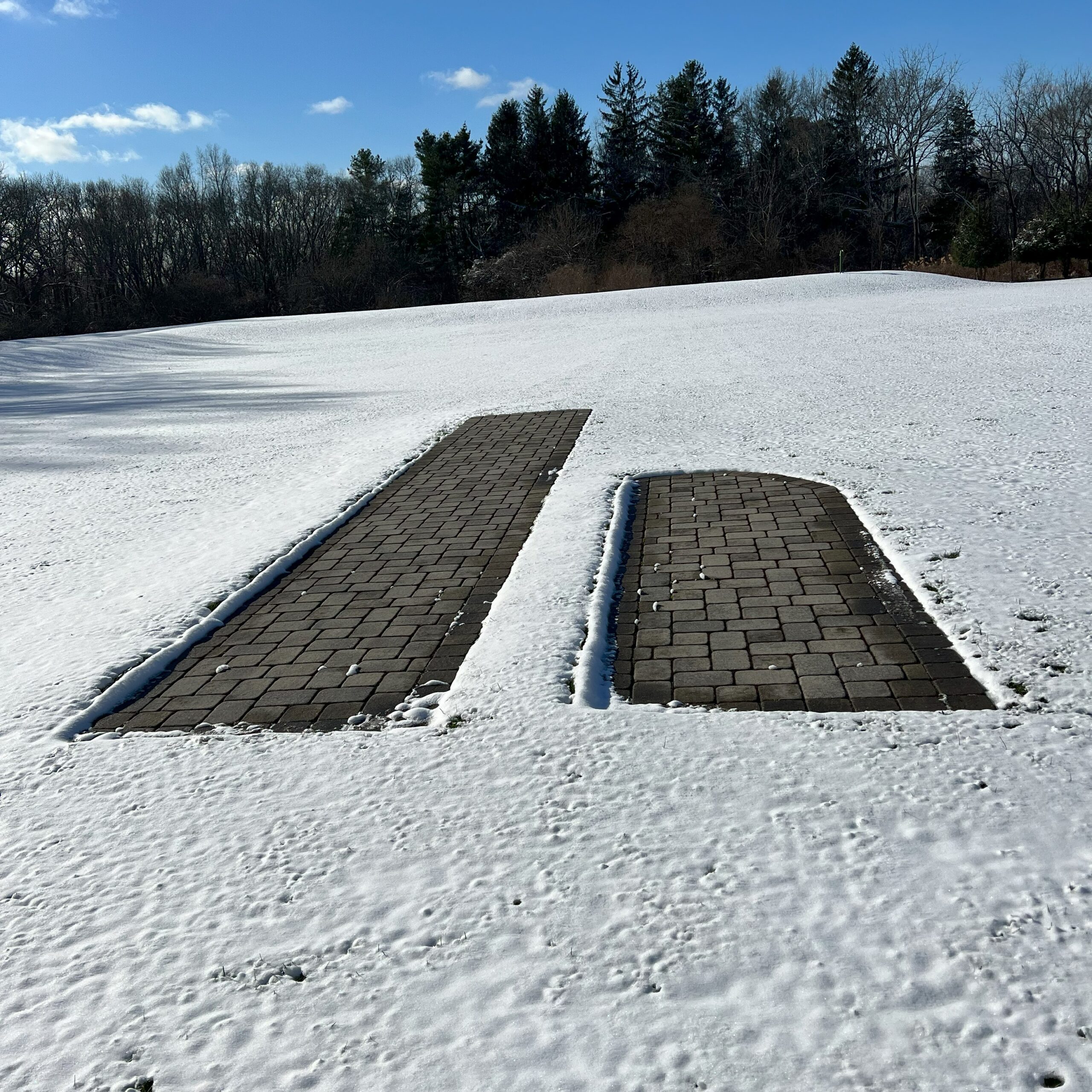
Celebrating the holidays alcohol-free doesn’t mean missing out on the joy and warmth of the season. In fact, many people in recovery find that they enjoy the holidays more deeply and authentically without alcohol. Here are some ways to embrace the sober holiday spirit:
- Focus on connection: Use the clarity of sobriety to truly connect with loved ones and create meaningful memories.
- Savor the season: Pay attention to the sights, sounds, and tastes of the holidays that you may have missed when drinking.
- Give back: Consider volunteering or helping others as a way to find purpose and joy during the season.
- Start new traditions: Create alcohol-free holiday rituals that reflect your values and support your recovery.
- Practice gratitude: Reflect on the positive changes in your life since beginning your recovery journey.
Remember, your sobriety is a gift – to yourself and to those who care about you. By choosing to celebrate the holidays alcohol-free, you’re honoring your commitment to recovery and setting the stage for a healthy, joyful new year.
The journey of recovery is unique for everyone, and navigating the holidays without alcohol may have its challenges. But with preparation, support, and a positive mindset, you can not only survive the season sober but thrive in your recovery. Here’s to a holiday season filled with genuine joy, clear memories, and authentic connections!
About Herren Wellness
Herren Wellness is a thriving community of people at all stages in their recovery journey. We introduce holistic therapies and strategies centered around emotional, physical, and spiritual wellness, in addition to life coaching sessions, family support and an individualized wellness plan to provide a solid foundation in recovery from alcohol and substance use.
We believe that staying connected and community has a lasting impact on recovery, and encourage all alumni to participate in our weekly alumni meetings, seasonal events and annual retreat. Your connection to Herren Wellness doesn’t end when your stay ends; we are there for you throughout your recovery journey.
If you, or a loved one are struggling with substance use, why wait? Please call us at (844) 443-7736, email us at info@herrenwellness.com, or or schedule a phone consultation. You are not alone.



